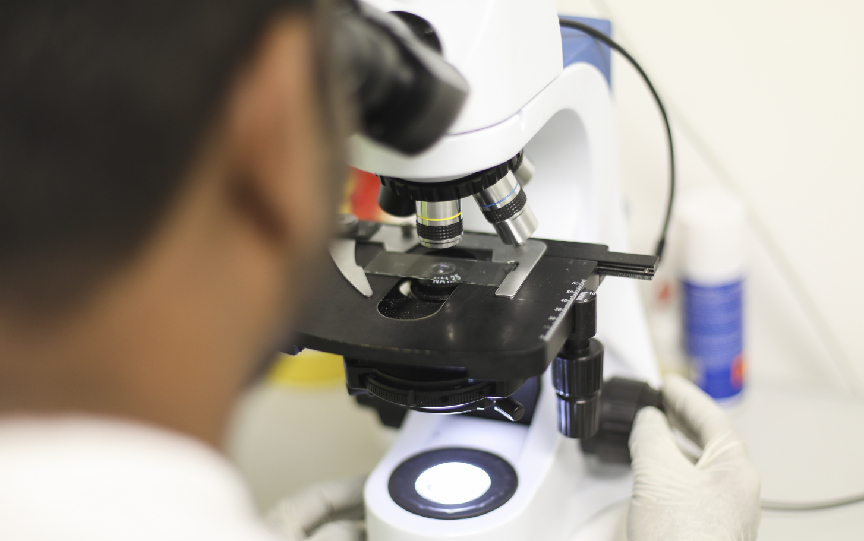Adiponectin negatively regulates pigmentation, Wnt/β‑catenin and HGF/c‑Met signalling within human scalp hair follicles ex vivo
Carina Nicu, Jennifer Jackson, Asim Shahmalak, Jenny pople, David Ansell, Ralf Paus
Arch dermatol Res, 2021
A compelling study comprising “the effect of the hormone adiponectin on human hair follicle function and pigmentation” was recently published by the team of our CEO, Prof. Ralf Paus, located in Manchester.
In this study, the authors demonstrate that adiponectin, a hormone primarily produced by white adipose tissue, regulates human hair follicle function. They show that application of adiponectin suppresses genes responsible for cell growth and pigmentation in cultivated human hair follicles. In the second part of the study the authors show that the white adipose tissue, surrounding the hair follicles, is indeed producing the adiponectin in human skin. This is in turn suppressing hair follicle growth and pigmentation. In conclusion, the results of this study emphasize the role of adiponectin in human HF biology. However it has to be taken into account that adiponectin is no simple hair growth promoter but has diverse impacts on HF biology.
The described observations highlight the delicate and complex nature of hair and skin biology research which is also important for our research at Monasterium Laboratory. Our expertise in the applied methods makes us confident to perform comparable studies to further comprehend skin and hair function.
Keywords: Adiponectin, hair pigmentation, hair growth, dermal adipose tissue, melanin.
Read the full story here:
Growth Hormone and the Human Hair Follicle
Elijah J. Horesh, Jérémy Chéret, Ralf Paus
Int J Mol Sci, 2021
In the recent past human hair follicles have been shown to function as peripheral neuroendocrine organs. This means that they can receive signals from the neural system in the form of e.g., hormones, and respond accordingly by producing and releasing hormones themselves. In doing so they regulate hair follicle function including growth and pigmentation. However, the role of growth hormone (GH) in this context is still poorly understood.
This updated literature review provides an interesting and structured overview on the role of GH in the regulation of human hair follicle function. The authors, among which Monasterium Laboratory CEO, describe that high concentrations of GH are associated with hypertrichosis and hirsutism, two conditions characterized by excessive growth of body hair. In contrast, they explain that treatment with GH suppresses growth of cultured human hair follicles and that malfunction of GH signaling causes hair loss, as described in alopecia. These opposing examples of GH function on hair follicle biology highlight the importance of GH as potentially important target for the development of novel strategies to therapeutically manipulate hair loss (effluvium, alopecia) and unwanted hair growth (hirsutism, hypertrichosis).
Keywords: growth hormone, neuroendocrine system, hair follicle biology, hair growth.


